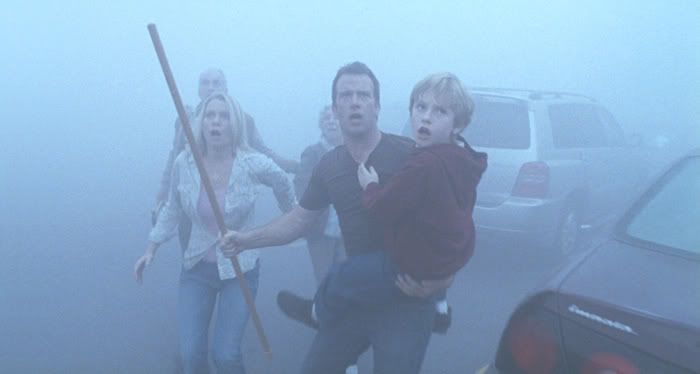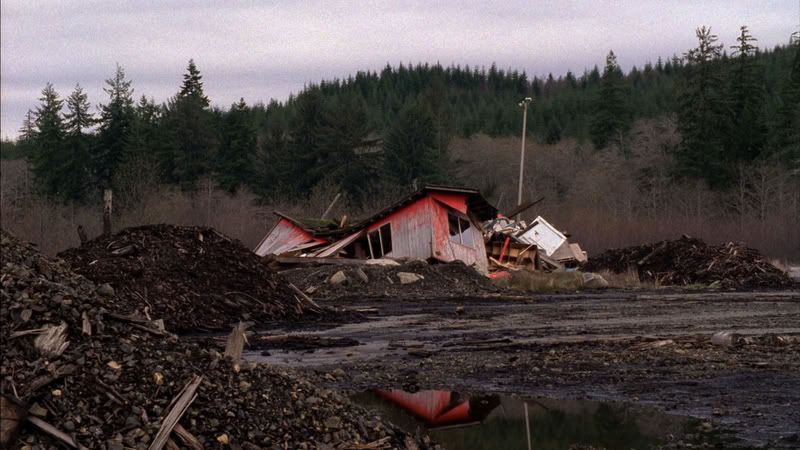by Ryland Walker Knight
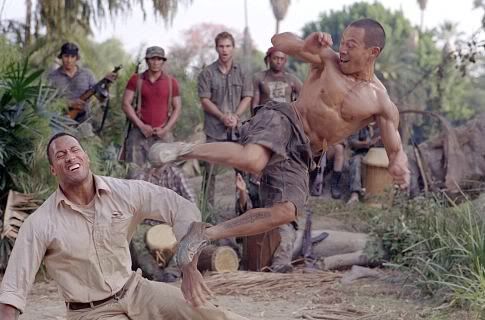
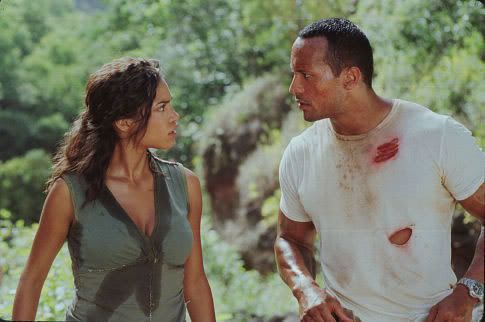
I think I've been consuming too much without enough reflective writing. I'm just generating opinions for myself, not arguments about the art I've seen, read, sampled, tasted. Such are the vagaries of schooling. Not enough time for
all the fun stuff, like blogging. During October I saw quite a few flicks but given the amount of writing I was doing elsewhere (for class, for an upcoming essay elsewhere, for my Thesis) and more than a little confusion (about the 'sphere, about criticism, about, ahem, life) I didn't find time to jot anything down. I would like this to change. At least part of my inspiration comes from a classmate,
Michael, and his devotion to posting something every day over at his blog,
Cinema. Et Cetera., where he keeps dropping my name. It's flattering, I must admit, but, in turn, I feel compelled to contribute more to our collective internets, our rhizomed conversation (to ape something Daniel and mush it with something from Felipe).
So how about a quick run-down? As if you care...

Watch
The House for an early review of
There Will Be Blood; it's phenomenal. Don't waste your time or money on any of these current flicks:
American Gangster [Ridley's a great hack, with two classics to his name, but this would be nothing were it not for Russell Crowe and Harris Savides; one of Denzel's worst performances ever, oddly];
Gone, Baby, Gone [the Affleck brothers should keep making movies together because they can only get better (as director and star, although Casey's leading that race) and they won't feel they have to cast Morgan Freeman or Ed Harris: I want Freeman to get real ugly, and mean, again instead of oddly benevolent & I want Ed Harris to shut the fuck up and stop yelling all the time];
We Own The Night [this one's got some critical muscle behind it (
1,
2), which kind of baffles me, as James Gray is quite the accomplished, classicist director but not much of a writer; that said, Joaquin is good, if fatter than ever, and you get to see Eva Mendes pleasure herself]. I can't quite recommend
Michael Clayton but -- you know what? -- it's not terrible, and even poignant, perhaps stirring, twice: (1) Clooney tells his son how proud he is that the son will always be okay, will never succumb to the bullshit of the world; (2) the final, three minute, unbroken shot of Clooney riding in a cab, in close-up, confirms he really is a perfect kind of screen actor, even if he's simultaneously always a little smug.

The
Netflix Experiment ended, as you may have guessed, a while ago, but I decided I like that practice, or at least getting the discs in the mail, so I signed up again at the end of the summer. Here's what I've seen since then:
Discrete Charm of the Bougeoisie is delirious fun.
The Miracle of Morgan Creek really should have been included in that box set; it may be
the one in the Sturges oeuvre, even though all of them are fucking amazing. I forgot how damned smart
The Ring is, despite its histrionics. Rivette's
Secret Defense is a muted marvel that insinuates instead of announces. The first hour of
Marnie is unreal good; after the rape scene it gets bogged down in odd, zeitgeist-y psychoanalysis.
Dirty Harry is cool. Denis'
Chocolat is not as good as her later work but still distinctive, very much of a piece with
J'ai pas sommeil (and even
L'intrus). Mann's
Manhunter is, quite possibly, his secret masterpiece; sure it's dated, but look at
Heat, or
Miami Vice, in ten, or twenty, years and I think you'll see the same kind of thing -- and it won't make them lesser films.
Last of the Mohicans, on the other hand, really isn't as good as I remembered it, even though the action is so well executed. Apichatpong Weerasethakul's first film,
Mysterious Object at Noon plays like an exercise, without the umph or pizzaz of
Syndromes and a Century (the other two are high up in the Queue).
To Catch a Thief: 5 stars.
The Wendall Baker Story is kind of like that kid you really want to help along, you want to like it so bad that you know it's not that good at all, despite itself, and the charms it does hold (which are a lot, surprisingly: Luke and Owen Wilson, Seymour Cassel, Harry Dean Stanton, Kris Kristofferson, and, yes, Eddie Griffin). I just finished the second season of
The Wire: ouch. Renoir's
The River keeps waiting for me to watch it, along with
Dead Man's Chest, and I think I've got
Band of Outsiders coming today. I want to buy
Ratatouille but it might have to wait for a week.
At least I got all that off my chest. Now onto some Daniel Day-Lewis monstering, and lunch, and then class. This weekend: Coen Brothers,
Jeff Wall, burritos. And, maybe, some more writing?
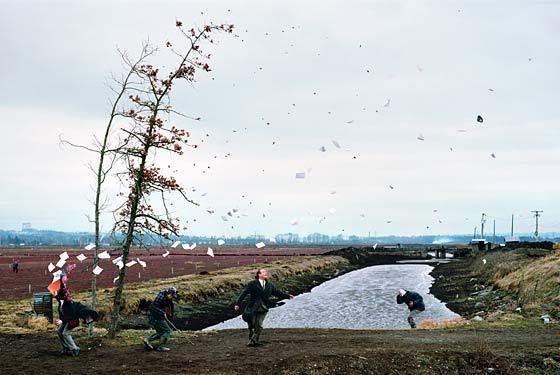 [Lead pics from (no d'uh) Peter Berg's secretly amazing (read: goofy, fun) The Rundown. Closing pic: "A Sudden Gust of Wind."]
[Lead pics from (no d'uh) Peter Berg's secretly amazing (read: goofy, fun) The Rundown. Closing pic: "A Sudden Gust of Wind."]
